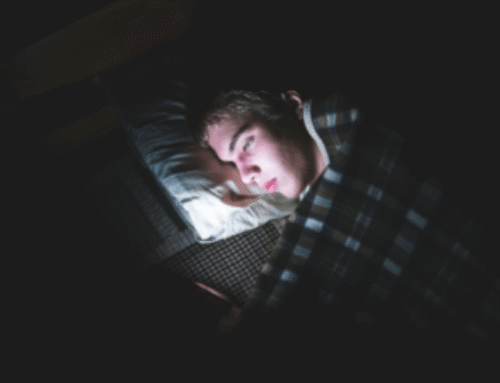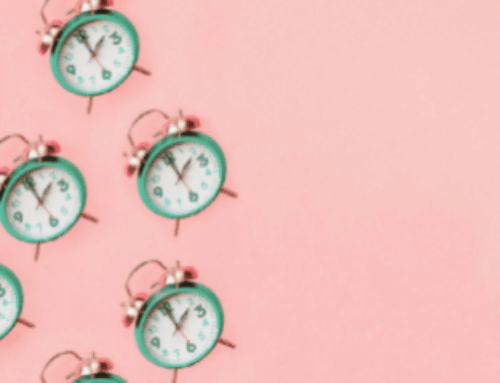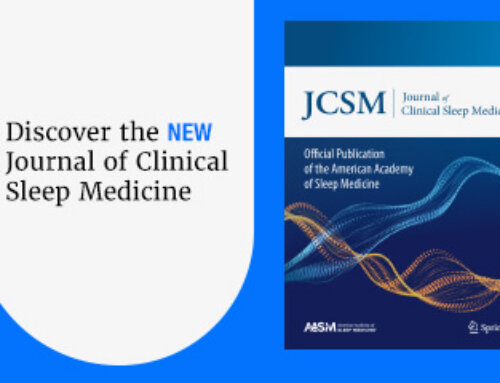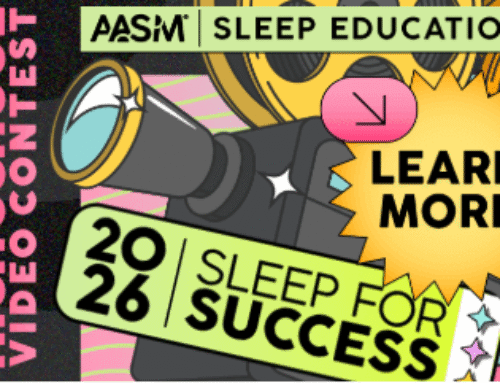From “mouth taping” to incorporating more plants in the bedroom, a variety of unproven strategies to promote sleep have been trending on social media. A recent survey from the American Academy of Sleep Medicine found that more than 40% of people admit to trying these viral trends involving sleep. While some users may be attempting the trends for fun, others are looking for real solutions to sleep problems.
“Given our fast-paced lives, the allure of quick fixes and shortcuts to better sleep is understandable,” said Dr. John Saito, a sleep medicine physician and spokesperson for the AASM. “However, it’s essential to approach sleep with evidence-based strategies that are proven to work and address the root causes of sleep problems, and not listen to advice from unvetted sources.”
TikTok, the short-form video sharing app, has been featuring user-generated sleep hacks and viral sleep advice, and Americans are paying attention. More than one in 10 (12%) people have tried the dangerous “mouth taping” trend, and 18% have tried the advice of sleeping in 90-minute increments. Additionally, nearly one in five (19%) people have watched as others livestream their sleep, and 15% have livestreamed themselves while sleeping. Younger, social media-savvy generations, like Generation Z (47%), are four times more likely than baby boomers (11%) to try a viral sleep trend.
“At best, these viral trends are unproven, but at worst – like mouth taping – they can be extremely dangerous,” said Saito. “Getting seven or more hours of healthy sleep each night is the best lifehack for overall health and wellness.”
The AASM recommends the following tips to establish healthy sleep hygiene and improve the overall quality of sleep:
- Keep a consistent sleep schedule. Get up at the same time every day, even on weekends or during vacations.
- Make your bedroom quiet and relaxing. Keep the room at a comfortable, cool temperature.
- Limit exposure to bright light in the evenings and turn off electronic devices at least 30 minutes before bedtime.
- Exercise regularly and maintain a healthy diet.
- Avoid consuming caffeine, nicotine and alcohol before bedtime.
- If you don’t fall asleep after 20 minutes, get out of bed. Do a quiet activity without a lot of light exposure until you feel sleepy.
If these tips don’t help, talk to your health care professional about your ongoing sleep struggles or contact a specialist at an AASM-accredited sleep center near you. To learn more about the importance of healthy sleep and to find more sleep tips, visit SleepEducation.org.
Download these 2023 AASM Sleep Prioritization Survey results.
###
About the Survey
The American Academy of Sleep Medicine commissioned an online survey of 2,005 adults in the U.S. The overall margin of error fell within +/- 2 percentage points with a confidence interval of 95 percent. Fieldwork took place between March 24-29, 2023. Atomik Research is an independent market research agency.
About the American Academy of Sleep Medicine
Established in 1975, the AASM advances sleep care and enhances sleep health to improve lives. The AASM has a combined membership of 12,000 accredited sleep centers and individuals, including physicians, scientists and other health care professionals who care for patients with sleep disorders. As the leader in the sleep field, the AASM sets standards and promotes excellence in sleep medicine health care, education and research.





